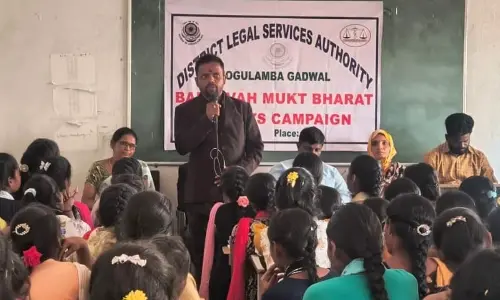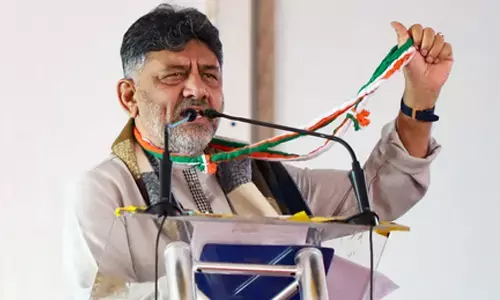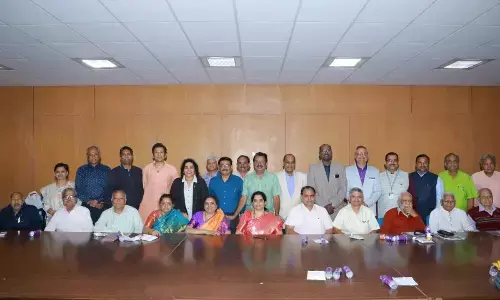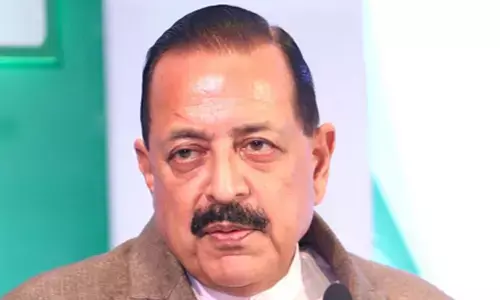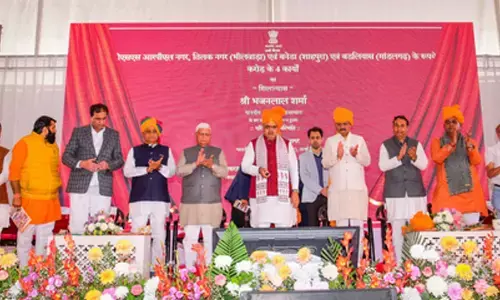Strengthening Global Test Automation Framework and CI/CD Integration to Prevent Defect Leakage and Accelerate Releases with Praveen Kumar
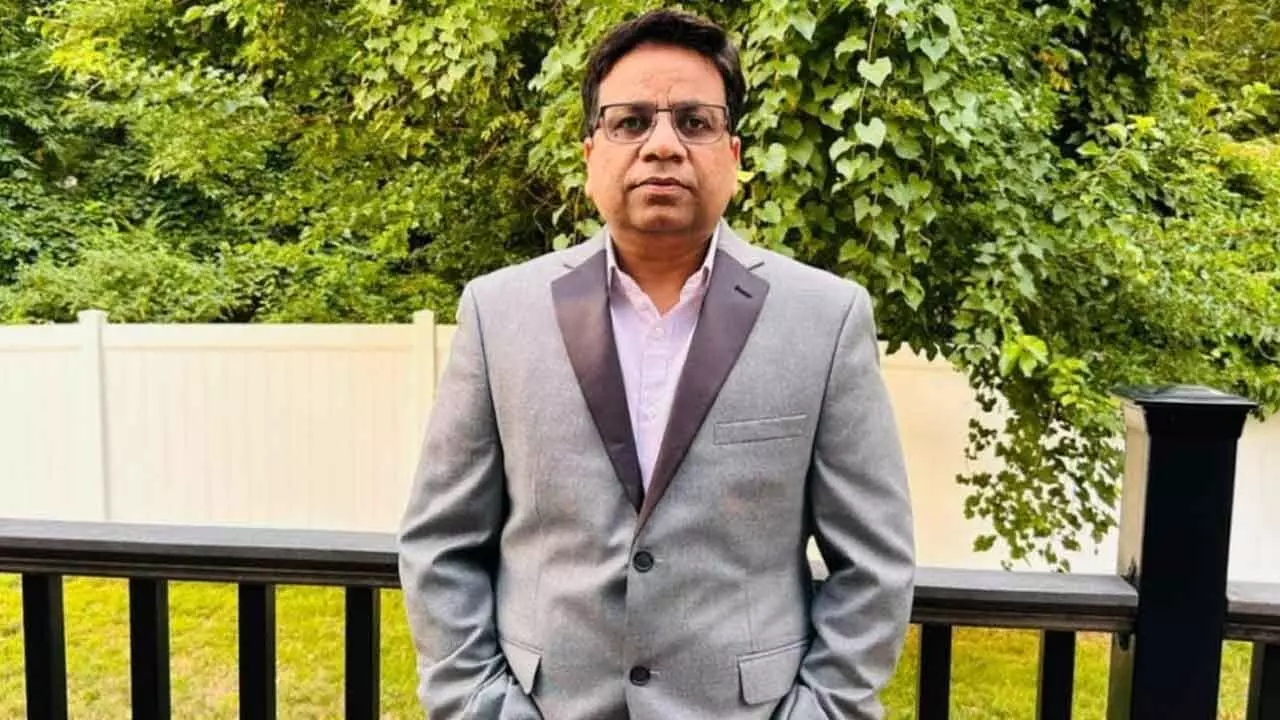
Bengaluru: In a world where almost everywhere technology is being included, financial institutions are also finally embracing technology. In "fintech," one professional, Praveen Kumar is ensuring that the digital systems we rely on for our banking needs are safe, efficient, and ready for transactions. He has been at the forefront of quality assurance (QA) in the banking sector, tackling some of the industry's biggest challenges. His work touches everything from mobile banking apps to complex systems that fight financial crimes.
One of the expert's most significant achievements has been upgrading the way banks test their software. By overhauling the global test automation framework, they've managed to catch 40% more software bugs before they reach customers. This improvement spans over 30 countries, making banking apps more reliable for millions of users.
The expert has also played a crucial role in speeding up how quickly banks can release new features. By integrating something called "CI/CD pipelines" (a term for a set of software that helps deliver software updates faster and more reliably), they've helped cut the time it takes to release new updates by about 30%.
Banks also need to follow strict rules to prevent money laundering and other financial crimes, especially when the transactions are exceedingly going online. Kumar has led initiatives to improve the systems that keep banks compliant with these regulations. His and his team's work has resulted in a 25% improvement in how well banks perform in compliance audits.
They've also implemented comprehensive test protocols for BASEL II and CCAR compliance (regulations that ensure banks survive a financial storm), resulting in zero regulatory findings in subsequent audits. Further, they prepared banks for a major change coming in 2025 - a new way of handling international payments called ISO 20022. Thanks to their efforts, the banks they've worked with are 100% ready for this big shift.
The path to these achievements wasn't very smooth. The expert faced several considerations along the way. They had to find ways to thoroughly test software without slowing down the rapid pace of updates. Ensuring data privacy while improving systems that detect suspicious activities across different countries was another hurdle. Preparing for the ISO 20022 change without disrupting current banking operations required careful planning. Perhaps most challenging was meeting strict regulatory requirements while ensuring privacy and keeping day-to-day banking running smoothly. Despite these challenges, the actions were implemented for the intended changes.
Looking at the current trends, the expert shares some insights on where fintech QA is heading. He believes continuous testing and experimentation will become even more important as banks try to stay effective and compliant. Artificial intelligence and machine learning are expected to play a bigger role in predicting and catching potential software issues. New technologies to help with regulatory compliance (RegTech) will require specialized testing approaches.
The expert also emphasized the importance of closer teamwork between QA, development, and cybersecurity experts in creating robust fintech products. He also predicts a growing focus on testing non-functional aspects of banking software, especially performance and security, as more financial services go digital.
By tackling problems and pioneering effective solutions to quality assurance, this expert is not just improving banking technology - they're helping to shape a future where our digital financial services are faster, more reliable, and more secure than ever before. Their work behind the scenes ensures that when we check our bank balance, transfer money, or apply for a loan online, we can do so with confidence in the system's safety and efficiency.











